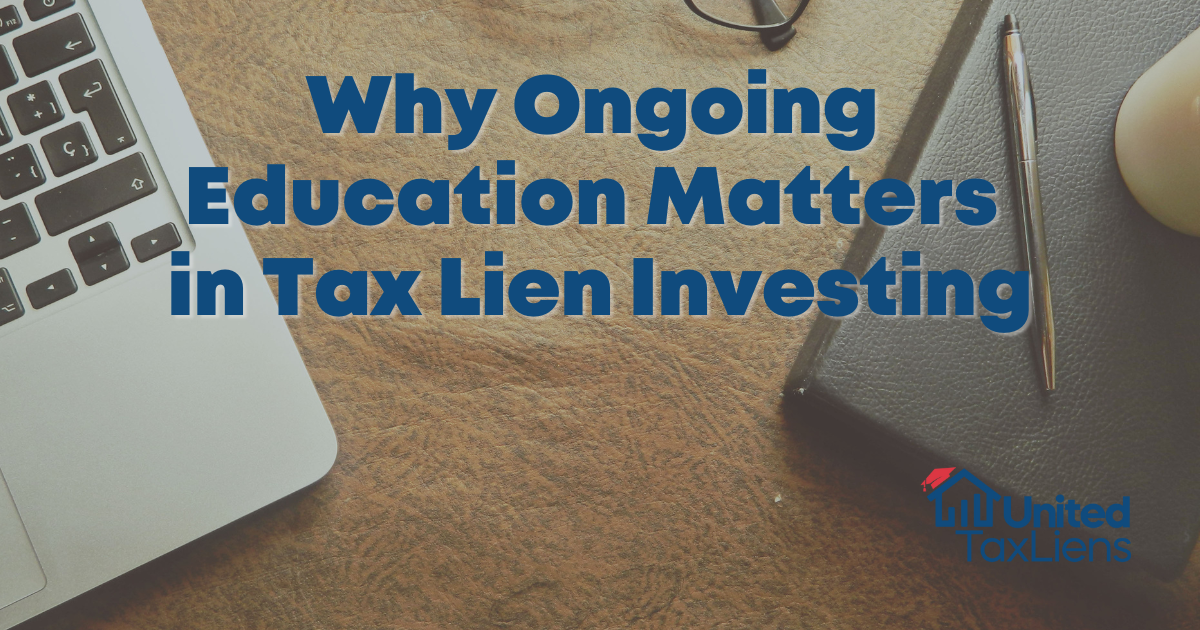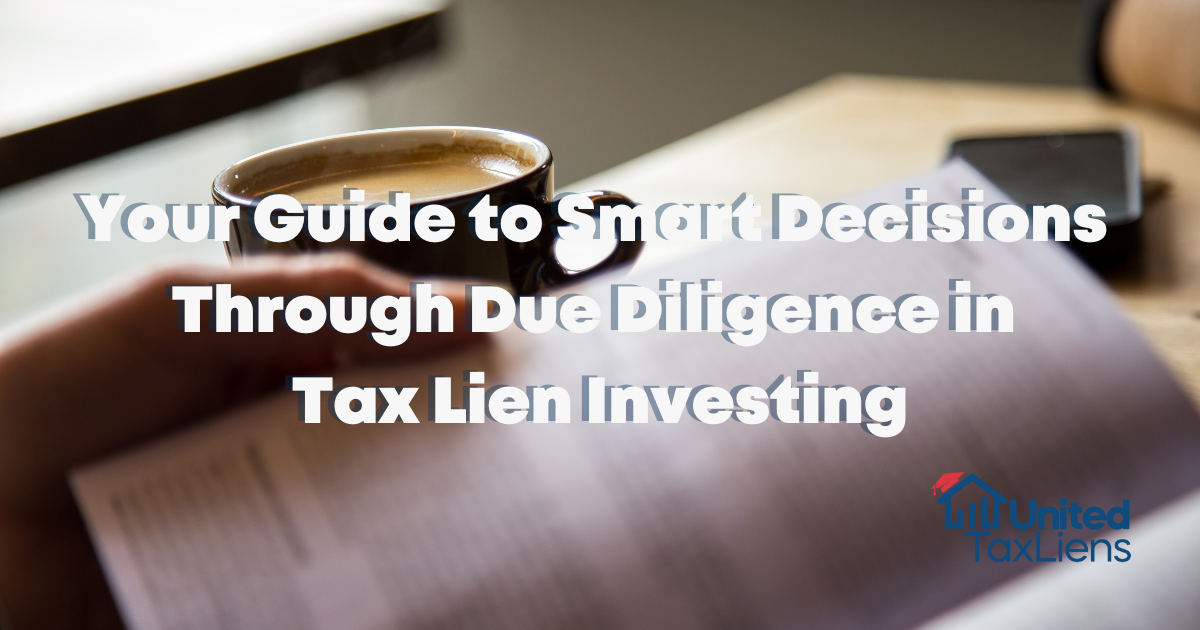
In the world of tax lien investing, ongoing education is your secret weapon for long-term success. It’s not just about making that initial investment; it’s about staying sharp and informed as the landscape evolves. Here’s why continuous learning is essential for investors like you.
First, tax lien laws change over time, so staying up-to-date on any amendments ensures compliance and smart decision-making. Plus, market conditions are constantly shifting, influenced by various factors. Keeping an eye on these trends helps you adapt your strategies effectively.
Ongoing education also opens the door to new opportunities, whether it’s exploring emerging markets or learning innovative strategies. This knowledge gives you a competitive edge and enhances your investment potential.
Let’s not forget about risk management. Understanding potential risks associated with tax lien investing allows you to proactively address issues like legal challenges or economic downturns.
Networking is another key benefit. Engaging with other investors and industry professionals through conferences or workshops allows you to share experiences and insights, which can lead to collaborative ventures.
Staying informed about technology is vital too. The latest tools and advancements can significantly improve your investing efficiency, while continuous education in legal aspects ensures you’re equipped to navigate complexities and comply with regulations.
Adaptability is crucial in this field. Ongoing learning helps you pivot in response to market dynamics and investor behavior. Plus, refining your strategies based on past experiences—both successes and challenges—can lead to better outcomes.
Remember, your financial goals may evolve over time. Ongoing education helps align your strategies with these changing goals, whether you’re focused on income generation or long-term growth.
In this ever-evolving landscape, ongoing education isn’t just beneficial; it’s a strategic advantage. By staying informed and continuously refining your approach, you position yourself for lasting success in tax lien investing. Happy learning!
This blog is for informational purposes only and should not be relied upon as financial or investment advice. Real estate investing carries risks, and individual results will vary. Always consult with your team of professionals before making investment decisions. The authors and distributors of this material are not liable for any losses or damages that may occur as a result of relying on this information.










